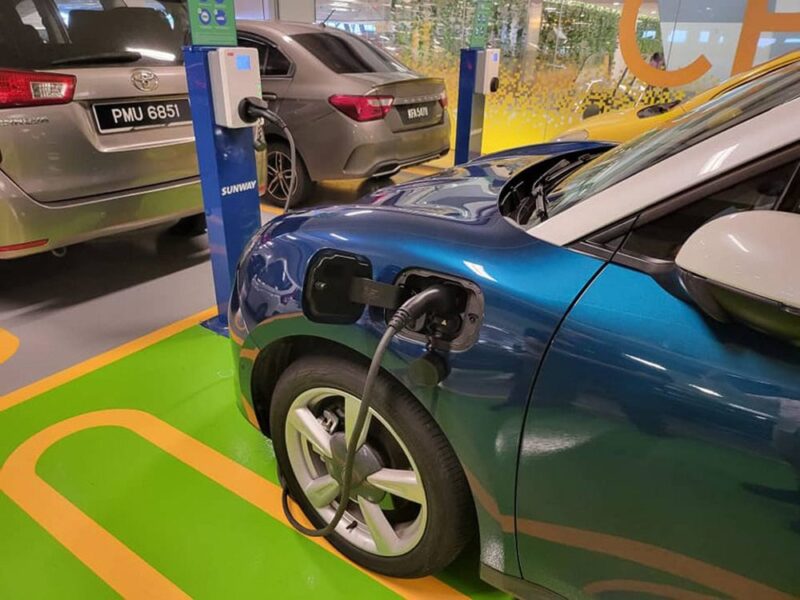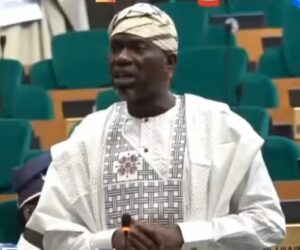The Nigerian Senate has approved, for second reading, a bill to drive Nigeria’s transition from fossil vehicles to electric vehicles (EVs). The bill, titled the Electric Vehicle Transition and Green Mobility Bill, was sponsored by Senator Orji Uzor Kalu. This is coming amid a presidential drive to convince Nigerians to transition to CNG-powered vehicles.
The essence of the bill is to phase out fossil fuel-powered vehicles and replace them with eco-friendly electric vehicles in the shortest possible time. This will improve environmental sustainability even as the country takes a major step towards modernising the country’s automotive and energy sectors.
See also: Nigerian e-hailing drivers are choosing CNG cars over Electric Vehicles and here is why
To enhance this transition, the bill is also proposing a framework which will boost local electric vehicle manufacturing and make Nigeria a key player in the electric vehicle industry in Africa. The bill is also offering incentives to EV importers, investors, and users with the aim of encouraging both local and international investment in Nigeria’s EV industry. These incentives include tax holidays, import duty waivers, road tax reliefs, toll exemptions, and subsidies.

In an effort to strengthen local production, the bill will further impose strict rules on foreign EV makers. Some of these rules will require them to partner with local electric vehicle assemblers, as well as set up local assembly plants within three years. The rules will also require them to source at least 30% of their raw materials locally.
The proposed law also imposes heavy fines on players who fail to comply with its provisions. For instance, unlicensed electric vehicle importers will face fines of up to ₦500 million, while their goods will be liable for confiscation.
According to the bill, each approved local electric vehicle manufacturer will be required to produce a minimum of 5,000 units annually. They will also be required to adhere to international safety and technical standards.
Electric vehicle (EV) transition amid CNG conversion drive
In August 2024, the Federal Government of Nigeria launched its CNG conversion initiative. Powered by the Presidential CNG Initiative (PCNGI), the government believes that the initiative will make the transition from premium motor spirit (PMS) to compressed natural gas (CNG) powered vehicles easy for Nigerians.
“The strategic journey to powering Nigeria’s transportation sector with a clean energy source has begun in earnest and no stone will be left unturned to make its adoption as easy as possible,” the government said.


According to the government, ride-hailing drivers are major targets of this initiative. And drivers who spoke with Technext at the time said the cost of fueling their vehicles has become one of the two elements that affect their earnings the most daily. The other is the cost of maintaining the vehicles.
However, while they acknowledge that EVs might present a good opportunity to do away with both costs, they are sceptical about going for them.
“We are sceptical about EVs because of the maintenance and durability of the batteries. We are used to handling gasoline vehicles but EVs will be new technology which many drivers will have to get accustomed to and that’s a learning curve there,” an e-hailing driver said.


The drivers, however, agree that adoption would eventually come, but it would not be sudden, neither would it be sweeping.
“How many would be willing to accept the learning challenge? Only a few, at first! Then, if there’s a semblance of success, more can adopt. So, don’t expect a quick adoption of the EVs. Moreover, there are a few drivers amongst us that use hybrid (gasoline & electric) and it’s been mixed tales which isn’t boosting the morale of drivers,” a driver said.
Hopefully, the concerns of drivers and public transporters will be quelled by the new Electric Vehicle Transition and Green Mobility Bill.







